Mentoring is one of the most effective tools successful multi-generational families employ to create a culture of working together as a family on things that are important to the family. Consequently, one of the parent’s primary roles (in active consultation with their trusted professionals) is to provide opportunities for their children, grandchildren, nieces, nephews, etc. to work together on projects that are relevant to the family.
Family mentoring pays tremendous dividends for the family and requires an understanding of family dynamics. For example, in our experience, children may have a more positive and productive mentoring experience with aunts, uncles, and grandparents than they do with their parents. In part that’s because for mentoring to be effective, it must be based as much as possible on adult-to-adult communication. This can be a very difficult thing to establish between a parent and their child.
There is another value to mentoring. If you think of the typical family structure in a graphical sense, you usually envision it as a vertical structure, with the youngest child on the bottom and the parents or grandparents at the top-literally and figuratively.
Through the family governance established during The Heritage Process® that we use, the more the family becomes integrated into the mentoring process, the more that graphic representation changes: it becomes horizontal, rather than vertical. As a result, everyone in the family is connected on an even plane, no matter who their parents are.
To ‘be the strongest and last the longest,’ the more horizontal the family orientation becomes, the better. So, the faster the advisor and the family can break the vertical generational lines, put the talents of all the family to work (even if it is outside their immediate nuclear family), and foster a ‘horizontal’ mentality, the better it is for the family’s multi-generational prospects. The best way to accomplish this is through an active program of mentoring within the family. In the family governance process, there is a special opportunity for grandparents (and aunts & uncles, too) to mentor succeeding generations. These powerful relationships create lasting bonds and add immensely to the effectiveness and multi-generational impact of governance structures.
‘A Tale of Two Families’ contrasts the experience of the European Rothschild family with the American Vanderbilt family, and provides a real historical example of what mentoring can accomplish – and the price to be paid when it is not provided.





